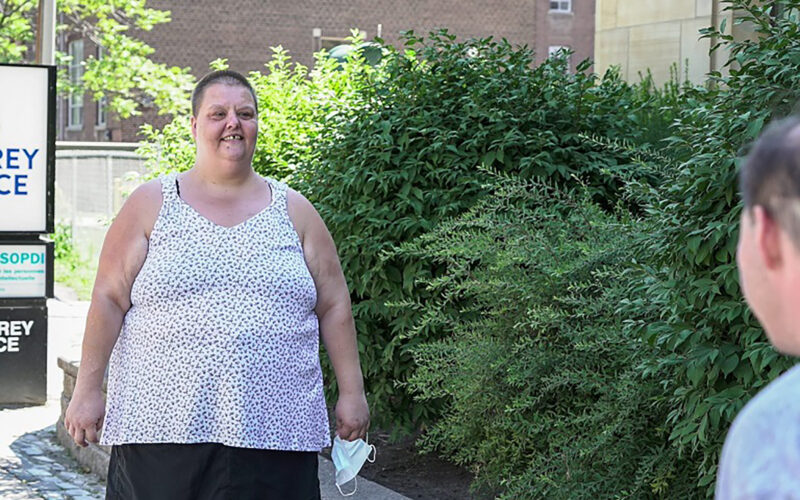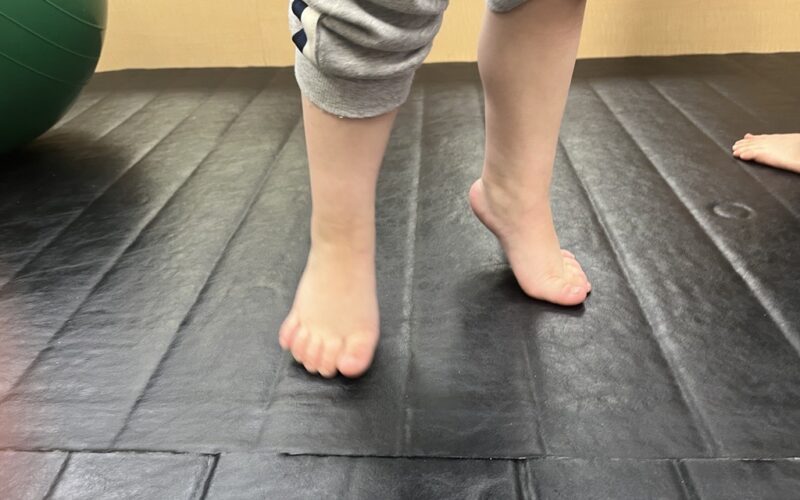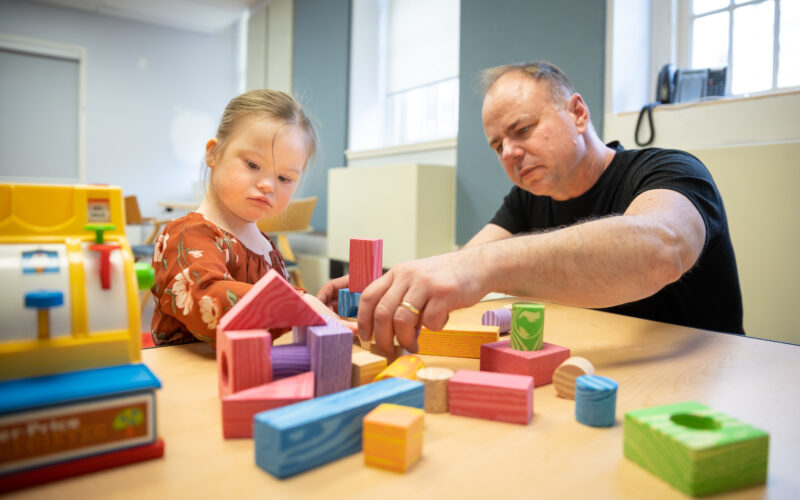For more than 20 years, funding and services have been provided that are specialized for children and youth under 18 years of age with autism, along with their families and caregivers.
The new Ontario Autism Program (OAP) is currently in a transitional phase as it moves toward becoming more needs-based and family-centered. At this time, families can access a variety of services and supports – more details are below.
What you need to know about available services
The new needs-based OAP has five service streams:
1. Core Clinical Services (Fees covered by AccessOAP funding, childhood budgets, interim one-time funding or out-of-pocket)
What it is: Core Clinical Services include applied behaviour analysis (ABA), occupational therapy, speech-language pathology, and mental health services.
Who is eligible: Children and youth will be invited to start Core Clinical Services in the order they registered for the OAP.
How to access: Families will receive an invitation letter to access needs-based funding for Core Clinical Services. Care coordinators will be responsible for guiding your family through the determination of needs process to determine your child’s support needs and associated funding for core clinical services and supports. Once the funding is received, families may spend it on eligible Core Clinical Services. Families have flexibility to choose their service provider. To register for services offered at Surrey Place, visit our autism services page or call 1-833-575-KIDS (5437).
2. Foundational Family Services (FREE)
What it is: Foundational Family Services include a wide range of programs aimed at providing families with the tools to support their child and participate in their ongoing learning and development. Services include:
- Family and peer mentoring
- Caregiver workshops and follow-up coaching sessions
- Brief, targeted consultations
- Transition supports
- Family resource and clinic days
Who is eligible: Foundational Family Services are available to all families registered in the OAP living anywhere in Ontario. These services are provided at no cost.
How to access: To register for services offered at Surrey Place, visit the MySurreyPlace.ca client portal or call 1-833-575-KIDS (5437). There’s no limit to the number of times families can access Foundational Family Services.
3. Caregiver-Mediated Early Years Services (FREE)
What it is: Caregiver-Mediated Early Years Services help caregivers with young children learn how to implement strategies and techniques to teach young children new skills. Programs are naturalistic, child-led and developmentally appropriate.
Who is eligible: All children 12-48 months old who are registered in the Ontario Autism Program can receive this program free of charge.
How to access: Invitation letters are sent to all eligible families. Families can select the most suitable program for their family and child and register directly with a service provider.
To register for services offered at Surrey Place or to learn more, visit the Toronto Autism Services Network website. Families can register directly on the site.
4. Entry to School Program (FREE)
What it is: Entry to School Program is a six-month group-based program designed to prepare young children entering kindergarten or grade 1 for the first time. Offered free of charge, the goal of this program is to help children develop school readiness skills, including communication, social skillsand how to manage their emotions and behaviour. Families and educators have access to consultation services from Entry to School staff, as needed, during a child’s first six months in school.
Who is eligible: Children between three to six years old who will be starting kindergarten or Grade 1 for the first time.
How to access: Eligible families will receive an invitation letterand register directly with a service provider. To register for services at Surrey Place or to learn more, visit the Toronto Autism Services Network website or call Surrey Place at 1-833-575-KIDS (5437).
5. Urgent Response Service (FREE)
What it is: Urgent Response Service provides access to supports to help prevent crisis and reduce the risk of a child or youth harming themselves or others. It is not designed to replace emergency or crisis services. Eligible children and youth and their families can receive up to 12 weeks of free supports, which may include interdisciplinary consultation, service coordination, respite services or direct services to the child/youth and family.
Who is eligible: This program is designed for eligible children and youth who are experiencing a specific, urgent need.
How to access: To register for services offered at Surrey Place, visit our Urgent Response Service page or call 1-833-575-KIDS (5437).
FREQUENTLY ASKED QUESTIONS
Questions?
We’re here to help. Call 1-833-575-KIDS (5437) or visit https://www.surreyplace.ca/services/autism-services/


